Description
WATLOW-ANAFAZE CLS208 – 8-Loop Temperature Controller for Multi-Zone Process Control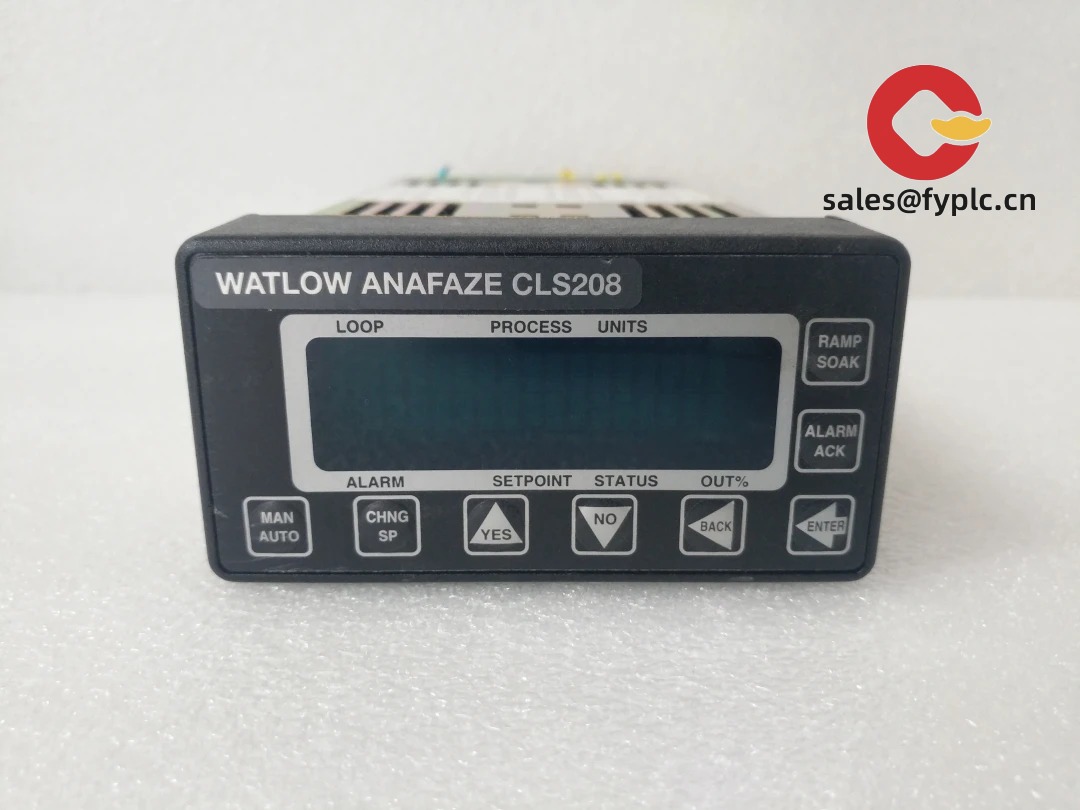
The WATLOW-ANAFAZE CLS208 is designed for applications that need tight, repeatable control across multiple heating zones without adding a pile of single-loop controllers. It’s an 8-loop (8 independent PID channels) controller module that typically sits on a DIN rail in your control cabinet, driving SSRs or relays to keep temperatures stable across ovens, extruders, hot zones, small chambers, or tooling with multiple heaters. One thing I appreciate is how it centralizes tuning and alarms for all zones, which in many cases cuts panel complexity and commissioning time.
Company’s Order Placement Process and Guarantees
- Warranty: 365 days
- Delivery: 1 week if in stock; no more than one month at the latest
- Payment: 50% advance; full payment before delivery
- Express options: FedEx, UPS, DHL
Key Features
- Eight independent PID loops – Coordinates up to 8 zones with consistent tuning and ramp/soak behavior.
- Flexible sensor inputs – Typically supports thermocouple or RTD inputs per channel, so you can mix sensor types across zones if needed.
- SSR drive or relay outputs – Logic-level outputs commonly used to fire solid-state relays for reliable power switching; relay output variants exist on some builds.
- Integrated alarms – High/low and deviation alarms per loop help catch heater failures, sensor breaks, and drift early.
- Serial connectivity – Many units provide serial communications for HMI/SCADA integration; RS-485 is common in the field for multi-drop networks.
- DIN-rail mounting – Saves panel space and simplifies service compared with multiple single-loop controllers.
- Centralized configuration – From my experience, unified parameter management typically shortens commissioning and makes later changes safer.
Technical Specifications
| Item | Details |
|---|---|
| Brand / Model | WATLOW-ANAFAZE CLS208 |
| HS Code | 9032.89 (Other automatic regulating or controlling instruments) |
| Control Loops | 8 independent PID loops |
| Signal Input Types | Thermocouple or RTD inputs (model dependent; commonly J/K/T/E thermocouples and Pt100 RTD) |
| Control Outputs | Logic-level SSR drive per loop; relay output variants available on some configurations |
| Communication Interfaces | Serial communication for supervisory integration; RS-485/RS-232 commonly seen (model dependent) |
| Power Requirements | Typically 24 VAC, 50/60 Hz; approx. 15–20 VA |
| Operating Temperature | 0 to 50 °C typical for panel-mounted electronics |
| Installation Method | DIN-rail mounting inside an industrial control cabinet |
Application Fields
- Thermal processing: multi-zone industrial ovens, curing lines, heat treatment skids
- Plastics and rubber: extruders, thermoforming tools, hot runner manifolds
- Electronics & semiconductor: small chambers, hot plates, diffusion/anneal sub-systems
- Analytical & lab equipment: environmental chambers, multi-block heaters
- General machine building: packaging sealers, laminators, drying tunnels
Advantages & Value
- Lower cost per loop – Consolidating 8 loops in one module typically reduces hardware, wiring, and HMI points.
- Consistency across zones – Shared control architecture helps keep tuning and ramp/soak strategies aligned.
- Panel efficiency – DIN-rail footprint frees up front-panel space compared with 8 individual single-loop controllers.
- Compatibility – Works well with common SSRs, Watlow power controllers, and standard thermocouples/RTDs.
- Serviceability – Centralized configuration and alarms simplify troubleshooting; you might notice faster startup after heater changes.
A customer in composites curing told us they swapped eight panel meters for a CLS208 and cut commissioning time by roughly a day. The biggest gain, they said, was uniform ramp control during warm-up and better handling of partial heater failures.
Installation & Maintenance
- Cabinet and mounting – Install on DIN rail inside a ventilated cabinet. Maintain clearance for wiring and airflow; avoid high-vibration zones.
- Power and wiring – Use a dedicated, fused 24 VAC supply in most cases. Keep low-level sensor wiring separate from high-voltage heater wiring; shield and ground thermocouple runs to reduce noise.
- Outputs – Logic outputs typically drive SSRs; select SSR current ratings with comfortable margin and heat sinking. Add proper branch protection for heater circuits.
- Safety – Include sensor break detection, independent over-temperature protection, and an E-stop circuit per your safety standards.
- Routine care – Verify sensor calibration seasonally, clean terminals and check torque annually, and back up configuration. Firmware updates may apply depending on unit vintage.
Quality & Certifications
- Manufacturer quality: Watlow’s industrial control lineage with robust, field-proven designs
- Certifications: Typically CE compliant; many units are UL Recognized. RoHS compliance depends on production date and specific build.
- Warranty: 365 days (provided by us)
Common Accessories and Supporting Components
- Solid State Relays (SSR) and heat sinks for each loop
- Watlow power controllers (e.g., DIN-A-MITE series) for higher current zones
- Thermocouples (J/K/T/E) and Pt100 RTDs, shielded instrumentation cable
- RS-485 converter/adapters for SCADA/HMI integration
- Configuration/monitoring software utilities commonly used with Anafaze controllers
If you’re replacing multiple legacy single-loop controllers or expanding an existing Watlow Anafaze install, the CLS208 seems to be a practical, low-risk choice. From my experience, it provides a clean pathway to unify tuning, alarms, and communications across eight zones without reworking your whole panel.

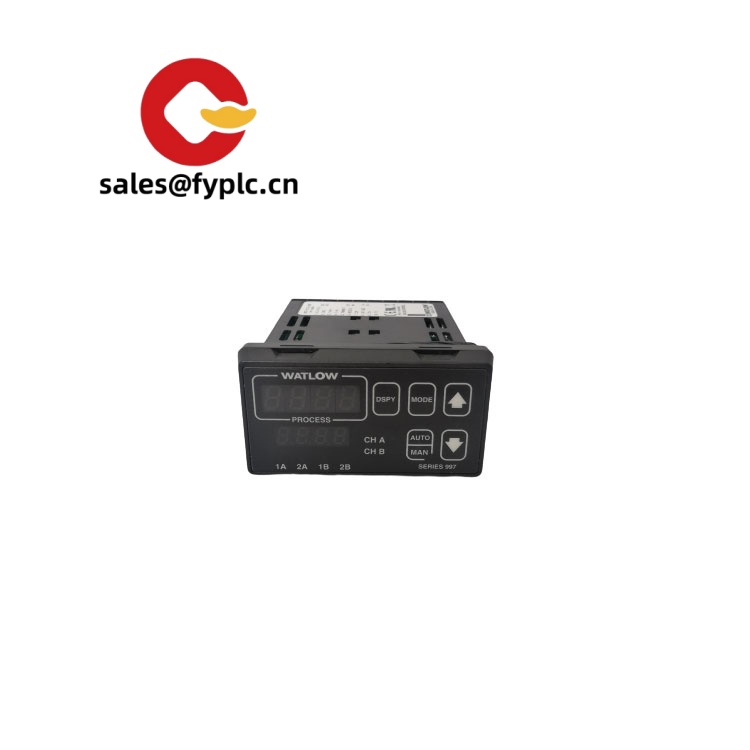
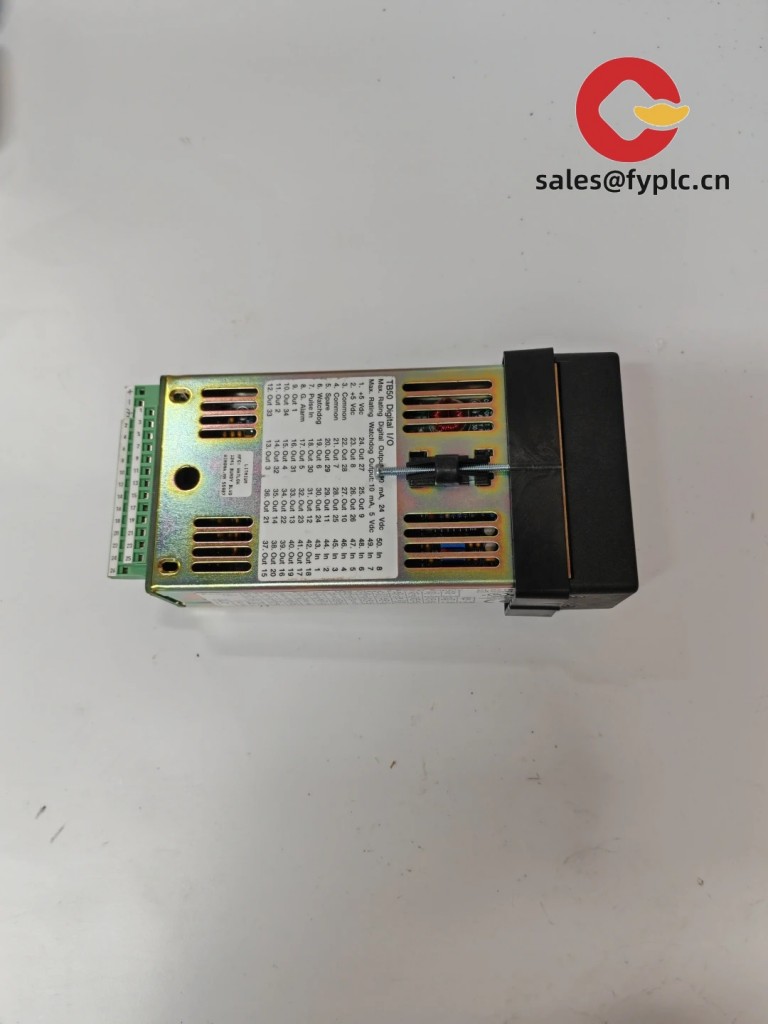
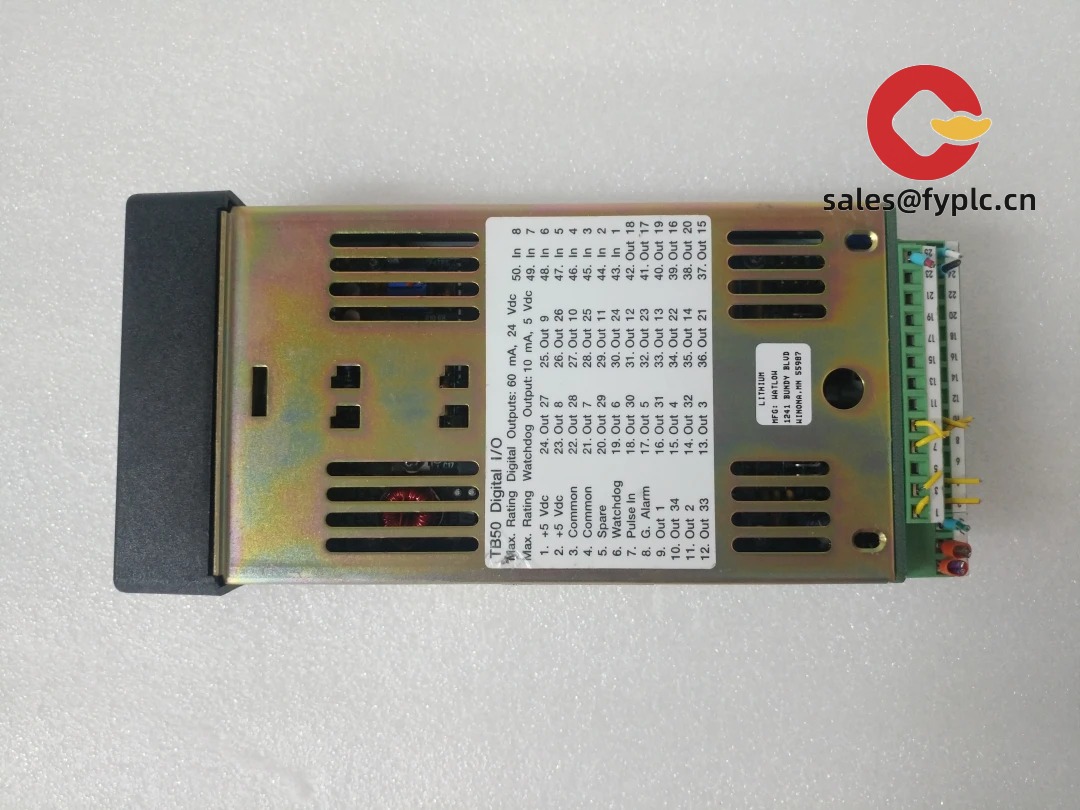
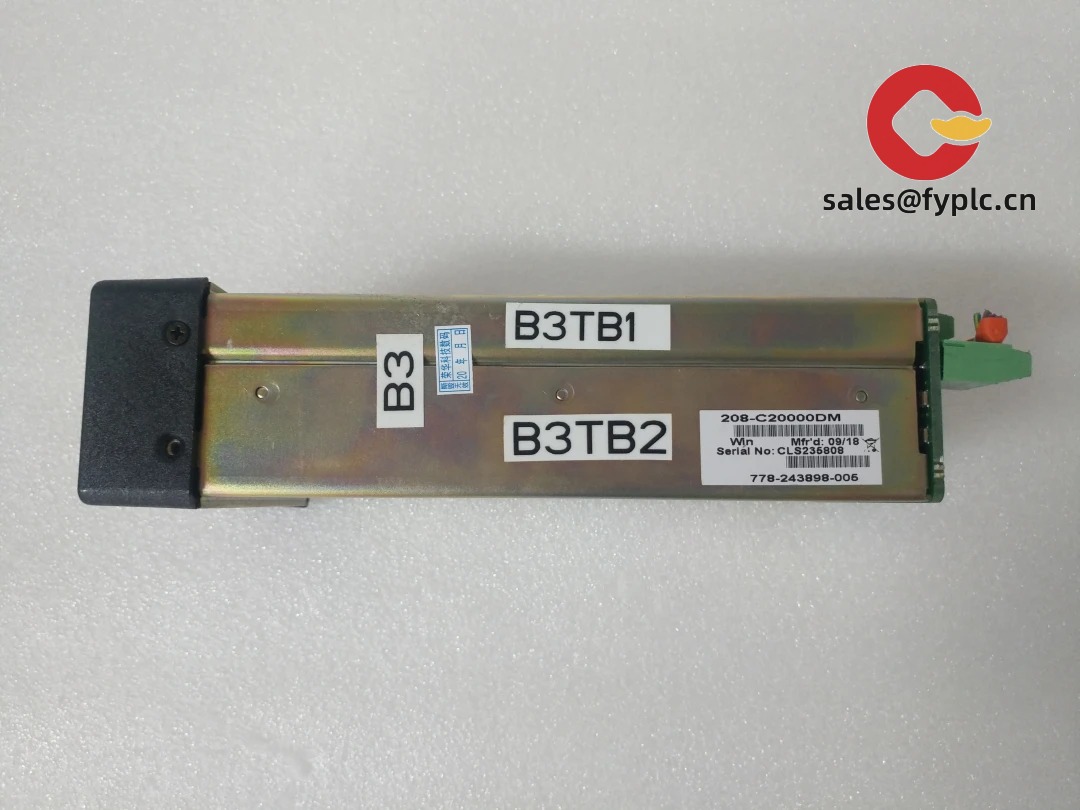

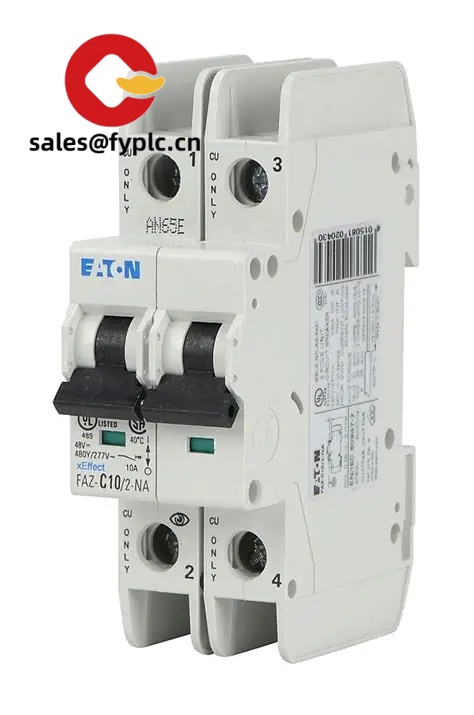
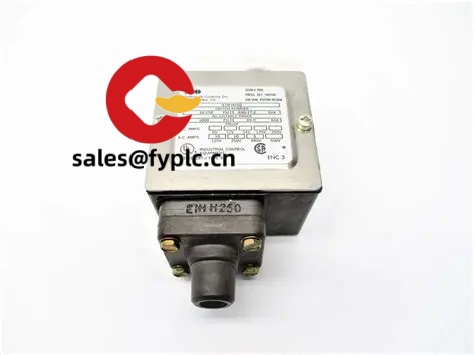
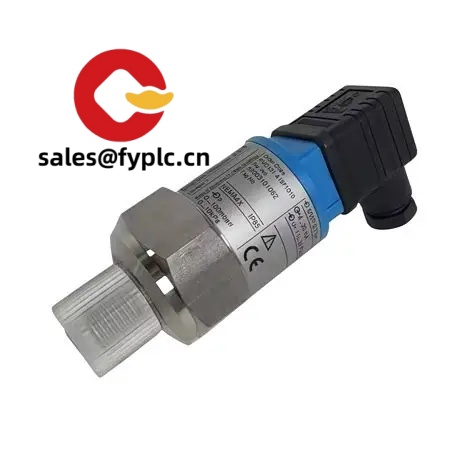
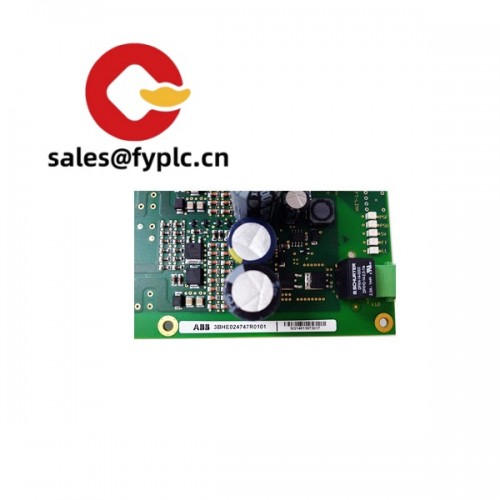
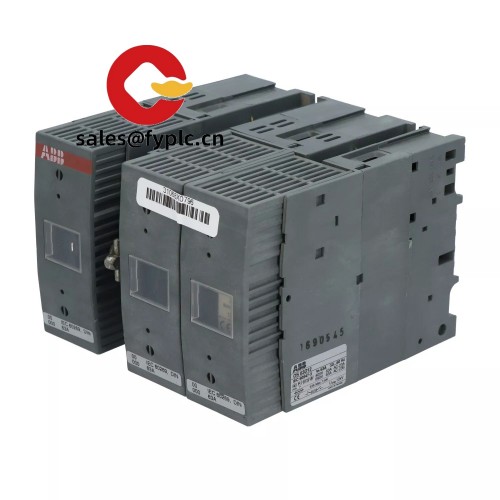
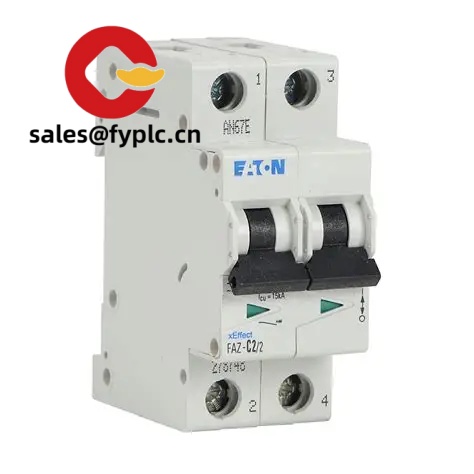


Reviews
There are no reviews yet.